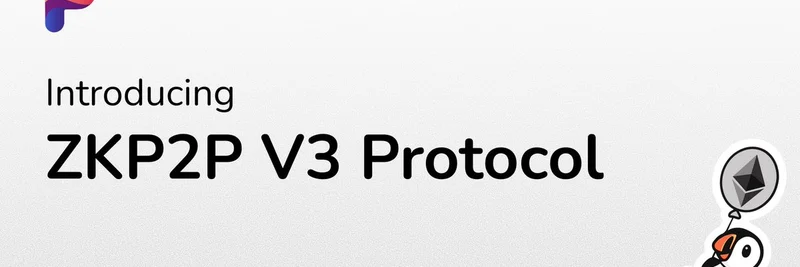Hey there, fellow blockchain enthusiasts! If you're deep into the world of meme tokens, you know that community engagement and user data go hand in hand. But what happens when privacy gets tangled up in the mix? A recent tweet from Malwarebytes (check it out here) caught my eye, pointing to a story about streaming service Sling TV settling with the California Attorney General over some shady privacy practices. Let's break it down and see what it means for us in the meme token ecosystem.
First off, the basics: Sling TV, a popular streaming platform, got hit with allegations under the California Consumer Privacy Act (CCPA). That's a law designed to give Californians more control over their personal data, like opting out of sales or sharing of their info. According to the details in Malwarebytes' blog post (read the full scoop), Sling made it ridiculously hard for users to exercise those rights. Imagine trying to opt out and getting redirected to a cookie settings page that doesn't actually do the job. Cookies, by the way, are those tiny data files websites use to track your browsing habits and remember your preferences.
It gets worse. Even if you were logged in, Sling forced you to fill out a separate form with details they already had—like your name, email, and address. And forget about doing it easily from your TV or app; you'd have to manually type in a long URL on a different device. On top of that, they dropped the ball on kids' privacy, skipping age checks and not offering child-specific profiles to block targeted ads. They were even buying data from brokers to build profiles that included info about kids in households, which is a big no-no.
The outcome? Sling agreed to pay $530,000 and overhaul their processes. No more misleading redirects, easier opt-outs in the app, and better protections for children's data. It's a win for privacy advocates, but it shines a light on how companies can game the system to keep collecting data for ads—something that's boosted their revenue even as subscribers dip.
Now, why should meme token folks care? In the wild world of web3, where projects like Dogecoin or newer pumps rely on massive communities, user data is gold. Think about airdrops, wallet integrations, or even NFT drops tied to meme themes. But with regulations like CCPA (and its cousins like GDPR in Europe), mishandling data could land your project in hot water. We've seen crypto exchanges face scrutiny for similar issues, and meme tokens aren't immune.
Take a page from this: Prioritize transparent data practices. Use tools like zero-knowledge proofs to let users prove things without revealing personal info, or integrate privacy-focused wallets. Projects like Monero or Zcash have built their rep on privacy—meme tokens could borrow that ethos to build trust. After all, in a space where scams and rugs are common, showing you respect user privacy can set your token apart.
At the end of the day, this Sling TV saga reminds us that privacy isn't just a buzzword; it's a must-have in tech, including blockchain. Stay informed, build ethically, and keep those meme communities thriving safely. If you're looking to dive deeper into blockchain privacy trends, stick around on Meme Insider for more insights!



